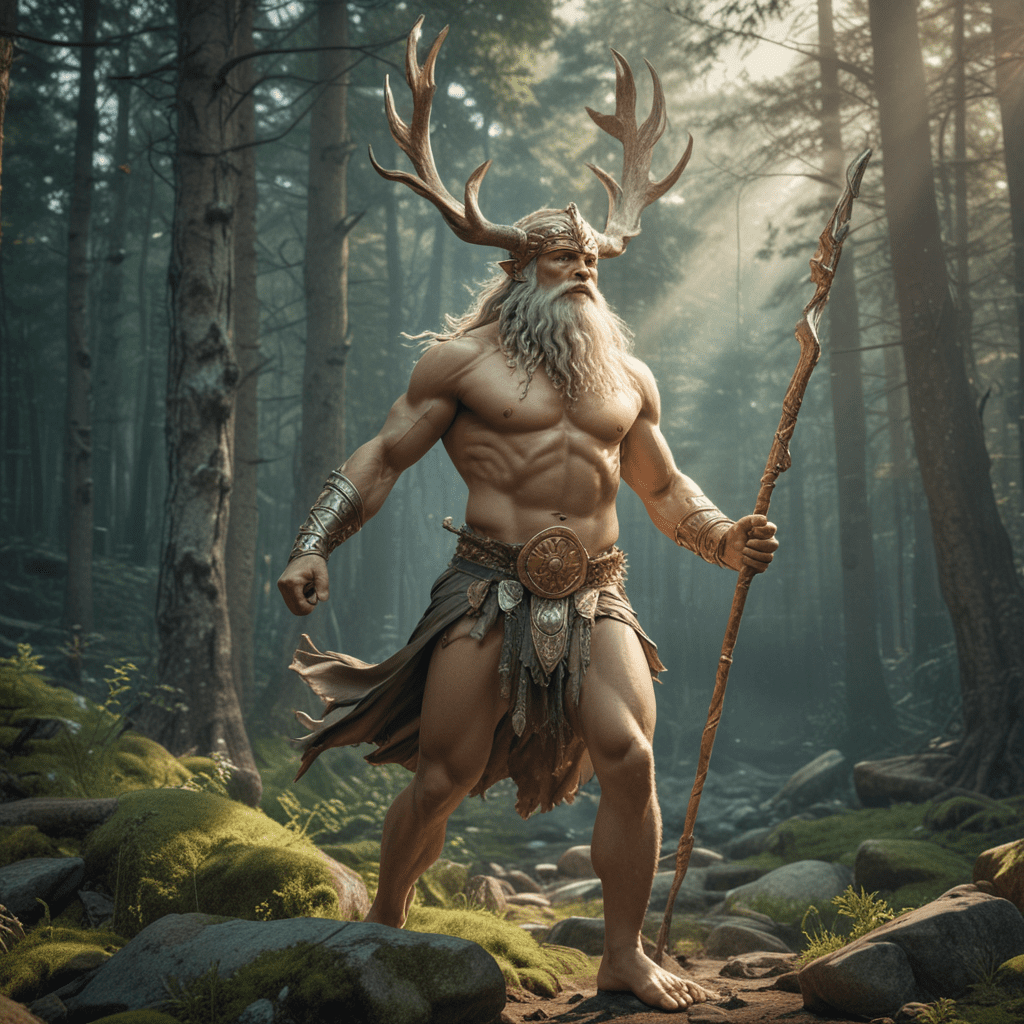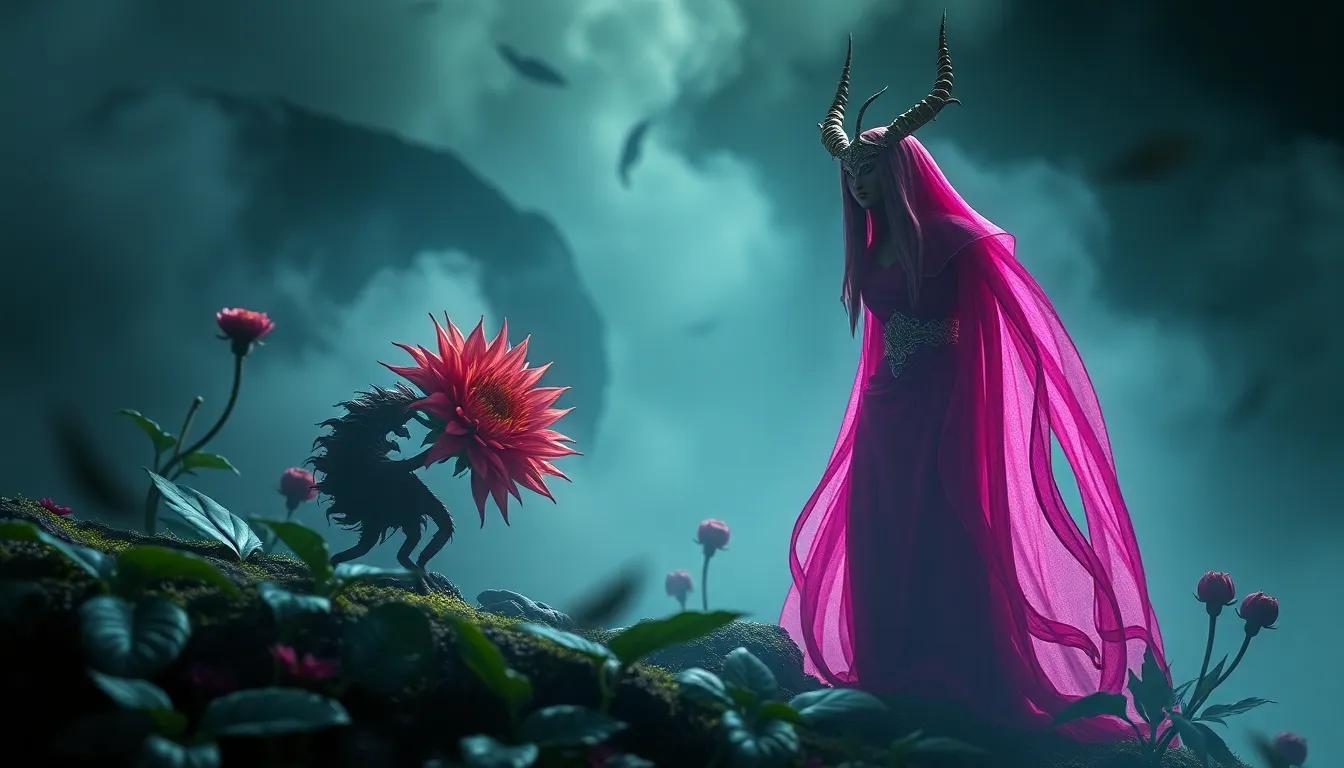Cultural Heroes: The Myths That Challenge Our Perspectives
I. Introduction
Cultural heroes are figures who embody the values, ideals, and aspirations of a society. They often emerge from myths, which are traditional stories that explain natural or social phenomena, shape moral codes, and provide a sense of identity. Myths play a crucial role in how societies construct their narratives and understand the world around them. They challenge societal perspectives by presenting alternative ways of thinking and behaving, often questioning the status quo.
II. The Role of Myths in Culture
Myths have held significant historical importance across various societies. They serve as tools for social cohesion, helping to unite people around shared beliefs and values. Myths are integral to identity formation, as they provide a framework through which individuals can understand their place in the world.
In contemporary culture, myths continue to evolve, adapting to new societal norms and challenges. The advent of technology and globalization has transformed how myths are created and shared, enabling them to reach wider audiences and influence diverse populations.
III. Characteristics of Cultural Heroes
Cultural heroes often share common traits, including bravery, resilience, and a commitment to justice. However, the portrayal of heroes can vary significantly across cultures. Some heroes are idealized figures, representing the pinnacle of virtue, while others are deeply flawed, reflecting the complexities of human nature.
The storytelling tradition plays a vital role in establishing hero status. Through narratives, heroes are contextualized within their cultures, and their journeys often serve as lessons for others.
IV. Case Study: Mythical Heroes from Different Cultures
Traditional heroes, such as Hercules from Greek mythology and King Arthur from British folklore, exemplify the qualities revered in their respective societies. Hercules, known for his strength and heroic deeds, represents the ideal of physical prowess and perseverance. In contrast, King Arthur symbolizes leadership, chivalry, and the quest for justice.
Modern cultural heroes, such as activists and artists, continue to challenge and reshape societal values. Figures like Nelson Mandela and Malala Yousafzai have emerged as symbols of courage and resilience in the face of adversity.
The impact of globalization has transformed the perception of heroes. Today, cultural heroes are often celebrated across borders, with their stories resonating with diverse audiences worldwide.
V. The Challenge of Stereotypes and Misrepresentation
While cultural heroes can inspire, they can also perpetuate stereotypes. Often, the narratives surrounding heroes oversimplify complex figures, reducing them to mere symbols. This oversimplification can lead to misrepresentation, where the nuances of an individual’s life and contributions are lost.
Representation in media and literature is crucial. The portrayal of cultural heroes should reflect the diversity of human experiences, avoiding the pitfalls of stereotype and caricature.
VI. The Impact of Cultural Heroes on Social Change
Cultural heroes have historically played pivotal roles in catalyzing movements and inspiring change. Nelson Mandela’s fight against apartheid and Malala Yousafzai’s advocacy for girls’ education illustrate how heroes can mobilize communities and challenge oppressive systems.
In contemporary activism, cultural heroes continue to inspire social movements, serving as symbols of hope and resilience. Their stories remind us of the power of individual action in effecting real-world change.
VII. Reinterpreting Cultural Heroes in Modern Contexts
The process of deconstructing traditional narratives allows for a broader understanding of heroism. Feminist reinterpretations of historical figures and the re-evaluation of their legacies can provide new insights into their contributions and challenges.
New media platforms play a significant role in shaping modern hero narratives. Social media, in particular, allows for the rapid dissemination of stories, enabling emerging heroes to gain recognition and influence.
VIII. The Psychological and Emotional Influence of Heroes
Cultural heroes can profoundly inspire individuals and communities. They serve as role models, encouraging people to aspire to greater heights. However, the phenomenon of hero worship can have psychological ramifications, sometimes leading to unrealistic expectations.
Finding a balance between inspiration and the recognition of human flaws is essential. Acknowledging that heroes can be imperfect allows for a more nuanced understanding of their contributions.
IX. The Future of Cultural Heroes
As we navigate the digital age, new heroes are emerging. The role of social media in crafting myths cannot be overstated; it has democratized storytelling and allowed for diverse voices to be heard. This evolution raises questions about the nature of heroism in a rapidly changing world.
Predictions for the future of cultural hero narratives suggest an increasing emphasis on inclusivity and representation. As societies become more aware of diverse experiences, the redefinition of heroism will likely reflect a broader spectrum of values and ideals.
X. Conclusion
The significance of cultural heroes and their myths cannot be underestimated. They shape our understanding of identity, inspire change, and challenge societal norms. As we continue to redefine heroism in diverse contexts, we must remain vigilant in our pursuit of authentic representation and inclusivity.
The ongoing challenge lies in navigating the complexities of heroism, recognizing that true heroes often embody both strengths and vulnerabilities. By celebrating a diverse array of cultural heroes, we can enrich our narratives and foster a deeper understanding of the human experience.




